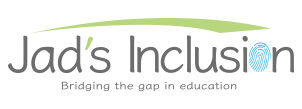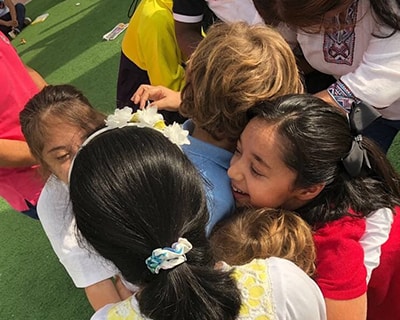No two speech therapies are exactly alike. While treatment is specifically designed to treat each individual differently, expect your therapist to utilize variety of strategies including:
• Language activities: These include playing and talking, using pictures, books, objects, or ongoing events to stimulate language development. The therapist may also model correct pronunciation and use repetition exercises to build speech and language skills.
• Articulation therapy: Articulation, or sound production, exercises involve having the therapist model correct sounds and syllables for your child, often during play activities. All exercises should be both age-appropriate and related to your child’s specific therapy needs. The therapist will physically show your child how to make certain sounds, such as the “r” or “t” sound, and may demonstrate how to move his tongue to produce specific sounds. Sometimes the use of a mirror is used in this activity.
• Oral-motor/feeding and swallowing therapy: If chewing or swallowing is a challenge, you can expect your therapist to use a variety of oral exercises including various tongue, lip, and jaw exercises to help strengthen the muscles of the mouth. The therapist also may work with different food textures and temperatures to increase your child’s oral awareness during eating and swallowing.
• Recommendations and follow up expectations: Your therapist will review his or her professional findings with you and will make recommendations for length and duration of speech therapy.








